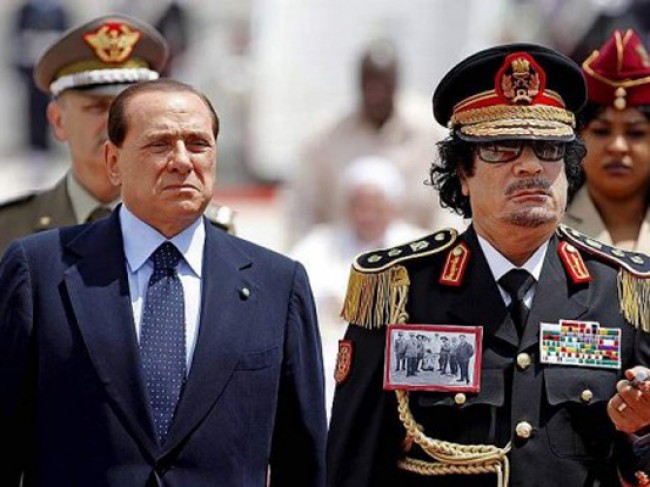Also Tunisia facing a re-Islamization now
 In the last few weeks the medias fully covered the Egyptian situation and, in particular, Mursi’s centralization of powers and the constitutional issues; although there is another north African country which is facing very serious problems linked to poverty, unemployment and Salafi insurgence, the country that put the whole Arab Spring in motion, Tunisia.
In the last few weeks the medias fully covered the Egyptian situation and, in particular, Mursi’s centralization of powers and the constitutional issues; although there is another north African country which is facing very serious problems linked to poverty, unemployment and Salafi insurgence, the country that put the whole Arab Spring in motion, Tunisia.
One year after the first free elections of the post-Ben Ali era the economic situation continues to be dramatic: unemployment up to 18% which reaches a 40% in some areas of the south such as Sidi Bouzid, Gafsa, Tezeur and Kasserine; lack of major facilities such as water and gas.
Last week the citizens of Siliana, a small city 130 km south-west of Tunis, organized a major strike and took to the streets to protest against unemployment and inefficiency of local administrators. The authorities responded through the police, the result was tear gas, rubber bullets and more than 300 wounded protesters.
The Ennahda-led government, a formation close to the Muslim Brotherhood, seems unable to improve the economic situation in the country and it also appears far more concerned with religious issues.
According to Aliyya Allani, a researcher in History and Islam at Manuba University, Ennahda is now carrying on a project which is way different from the pre-election one, moving towards an islamization of Tunisian laws.
Initially Ennahda re-established the legality of the niqab (the veil which covers the face), overturning the previous laws that prohibited the exhibition of religious symbols.
Secondly the government inserted a constitutional draft which refers to Islamic law as an important reference for the national judicial system.
Although the real paradox comes from the imam’s labor union who accused the government and the Ennahda of bringing politics inside the mosques and replacing moderate religious leaders with Salafis in order to gain social control. According to the Union, mosques have now become a hideout for weapons and for all those people who have problems with justice and it’s all under the eyes of the authorities.
The government also shows weakness in facing the Salafi groups which in the last months have targeted artists and intellectuals.
An additional and extremely embarrassing issue for Ennahda emerged from two recordings, audio and video, which document a conversation between the president of Ennahda, Rachid Gannouchi, and some leaders of the Salafi movement. In the recordings Gannouchi appears to claim his intentions to progressively establish an Islamic theocracy in Tunisia through an indoctrination of the masses.
Ennahda immediately released a statement claiming the untruth nature of the recordings, since the speech was directed to the Salafi youth, not to the Tunsians; the Islamic party also claimed that the words of Gannouchi were modified.
The dynamics of such recordings are still unclear today but one thing is for sure, all these elements do not help to improve the economic situation in Tunisia and the people will probably have to wait until 2014 for the next elections. Good luck Tunisia.
Argomenti
Tunisia-
La religione TUTTE LE RELIGIONI…. sono il nemico numero uno della democrazia e della libertà democratica … Le religioni devono essere estromesse dalla pubblica amministrazione e le idee religiose non devono essere imposte nelle leggi che riguardano la convivenza civile ed economiche…






Comments